Let’s talk about sex, not just abstinence
October 30, 2017
Let’s face it: Teens are having sex.
In our school.
In our state.
In our country.
Here is the problem: only teaching abstinence isn’t actually enforcing abstinence; it’s preventing people my age from gaining accurate information about things like protection, pregnancy, STDs, consent, sexual assault and more.
In Texas, the law states that in sex ed, abstinence must be portrayed as the best option, but it’s up to each individual school if they wish to provide more comprehensive details or provide no discussion of sex at all.
As a freshman, I didn’t get sex ed. None of my friends at Braswell did either. Some of the juniors and seniors said they received sex ed, specifically if they went to Ryan High School.
In 2015, Texas ranked highest in the country for teen pregnancies (41 births for every 1,000 15- to 19-year-olds). Why any school in Texas would think it’s okay to not teach sex ed when we still have this many girls getting pregnant, is beyond me.
My mom works at an OB/GYN’s office and is very open to talking with me about things that have to do with sex. Unfortunately, a large majority of parents don’t talk to their teens about sex, whether that’s because it’s just awkward, or because they don’t want to “encourage” their kids to have sex.
Conversations about contraceptives such as birth control and condoms aren’t condoning teens having sex, but they prevent teens from getting pregnant or contracting an STD. Even with sex ed, there will still be pregnancies, but chances are they would be significantly less common. Teen pregnancy rates are, what a shocker, higher in states that do not provide sex ed.
It’s not surprising that in a state like Texas, many teens aren’t aware of what STDs are, who can get them, how you get them, and how to stay protected from them. As concerning as it may be that straight teenagers aren’t staying protected, many LGBT+ students aren’t even aware that they need to stay protected.
LGBT+ teens aren’t being taught that they are as equally susceptible to STDs as their straight peers. Plenty of those in the LGBT+ community are left adrift when it comes to being educated about sex.
I think consent is an equally, if not more, important topic than anything else regarding sex ed. It seems as though teenagers don’t really grasp the concept of what consent truly means, which is something that could be fixed in sex ed.
Consent isn’t simply, “She didn’t say no, so that means yes.”
Consent is not, “She said no, but we were making out before, so obviously she wanted it.”
Consent is not, “I wasn’t really comfortable with what we were doing, but it didn’t go any further, so it’s okay.”
Not only are teens not clear on what consent means, but they don’t seem to be aware of the legal aspects of it. Seventeen is the legal age of consent in Texas. Anyone who is 17 years or older can only have sex with a minor if the minor is fewer than three years younger than them.
In addition to not talking about consent, teens don’t hear about sexual assault and rape and they aren’t taught what to do if they, or anyone they know, is ever put in that unfortunate situation.
We need to be taught that it’s not the victim’s fault.
We need to be taught that there are places you can go to get help.
We need to be taught that even if there is no sex involved, any unwanted sex act can be defined as sexual assault, and doesn’t have to go unreported.
If we can’t prevent teens from having sex — and we can’t — then there should be a level of education regarding it. It’s better to be safe than sorry.




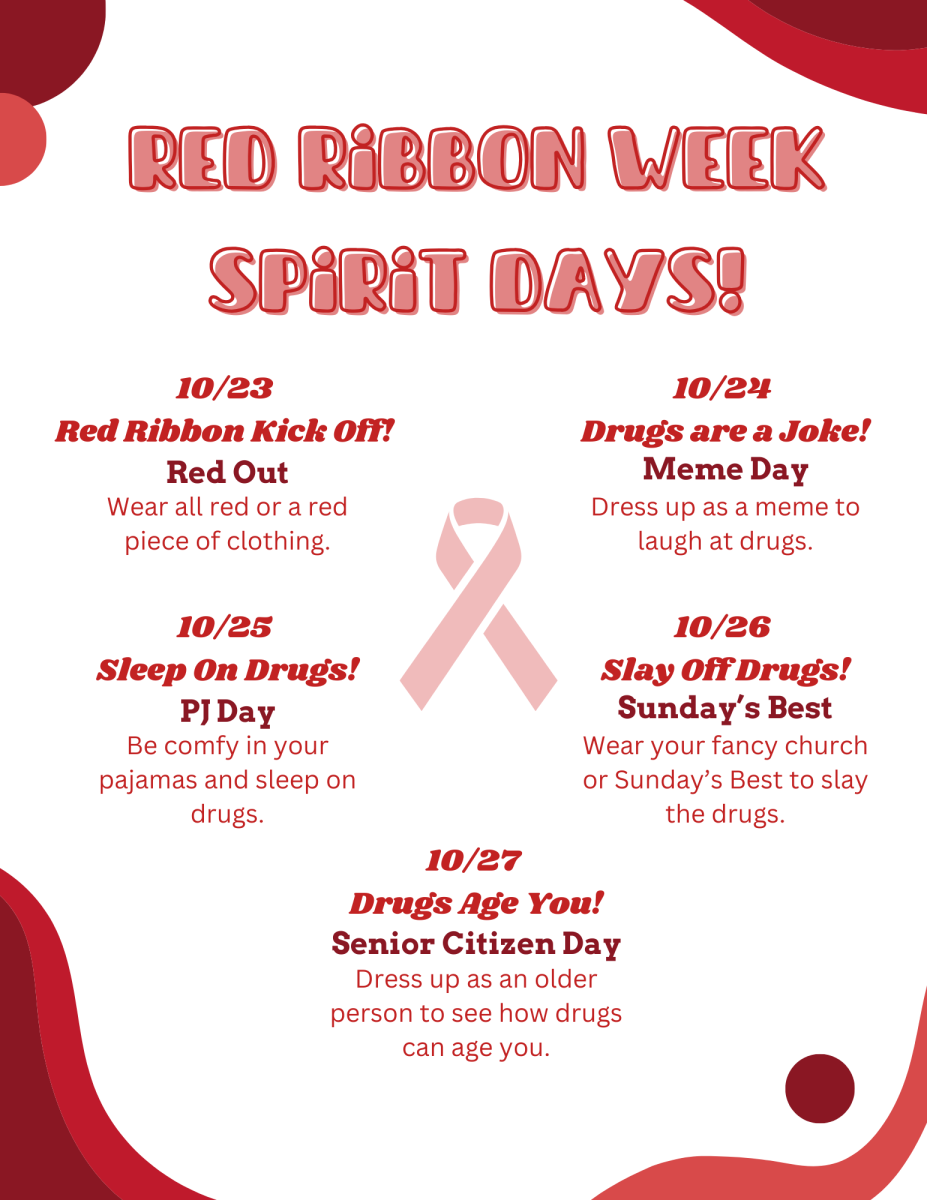





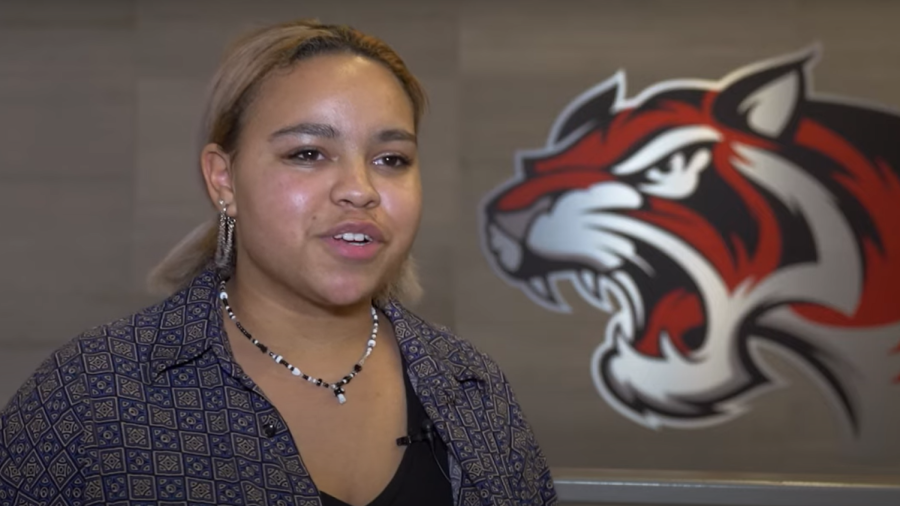



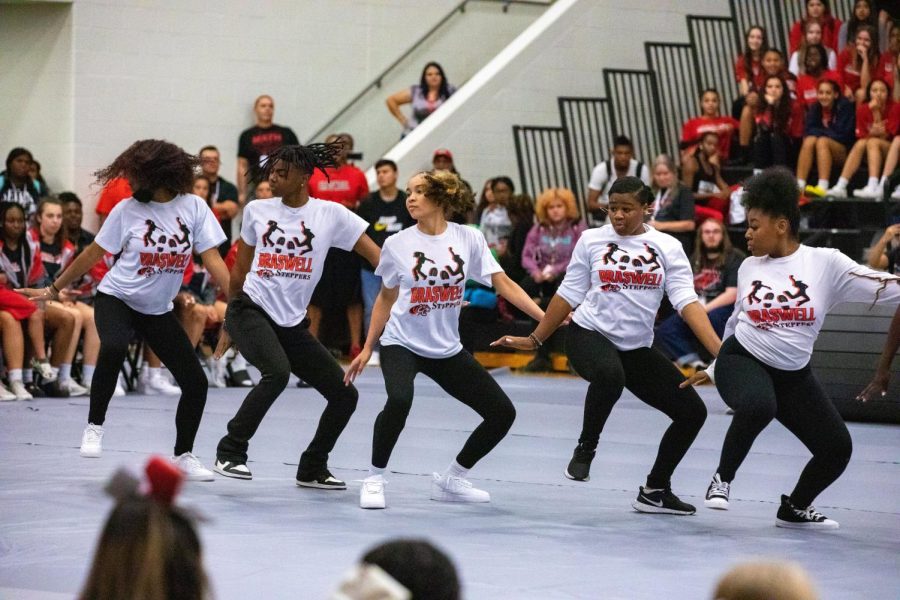














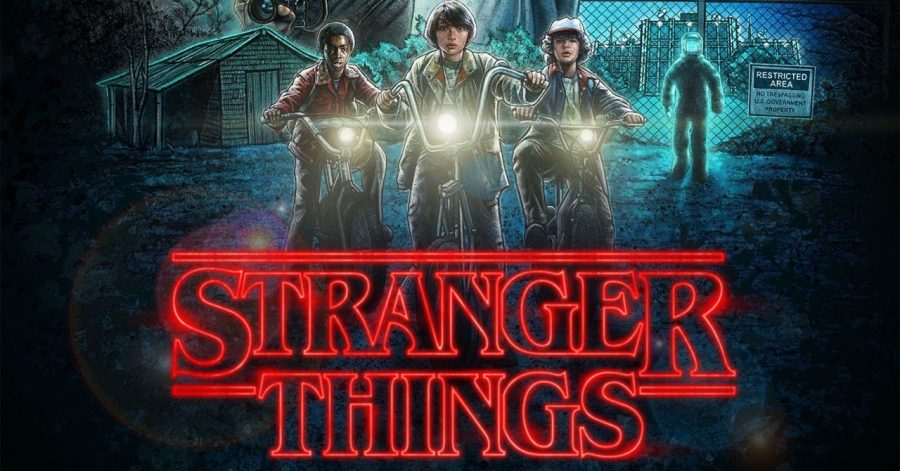


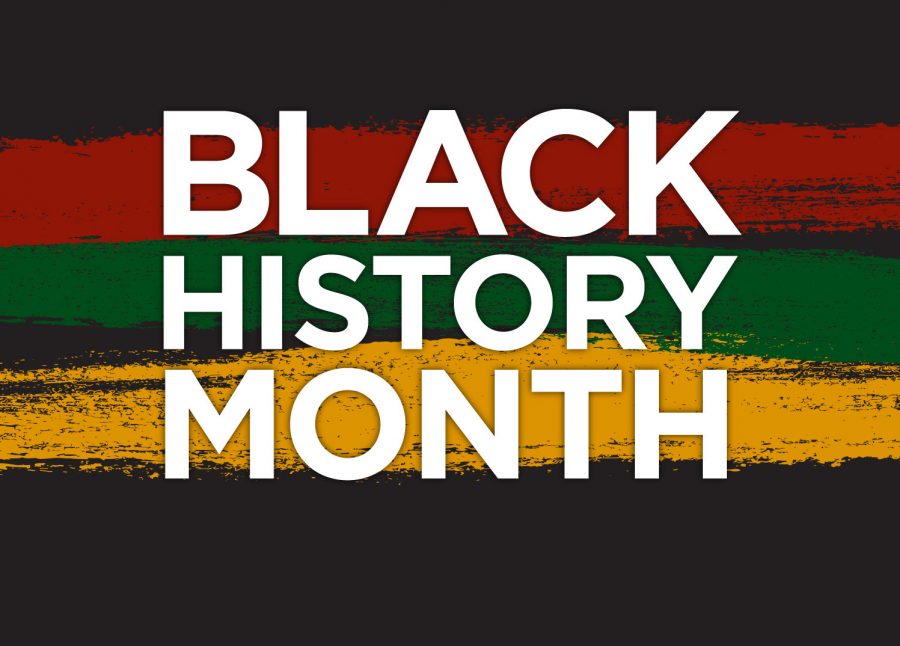




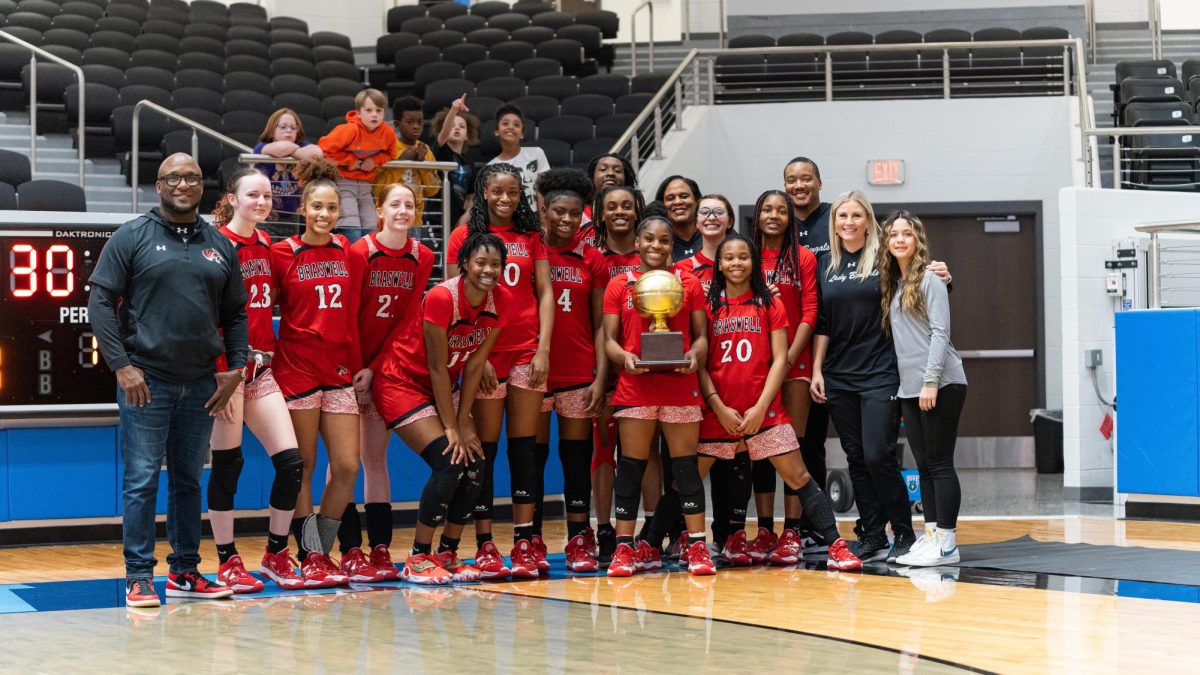
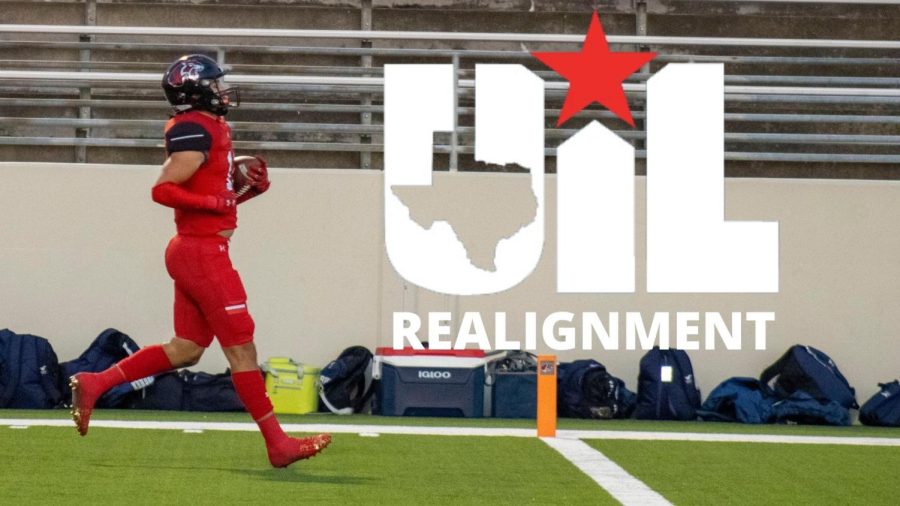












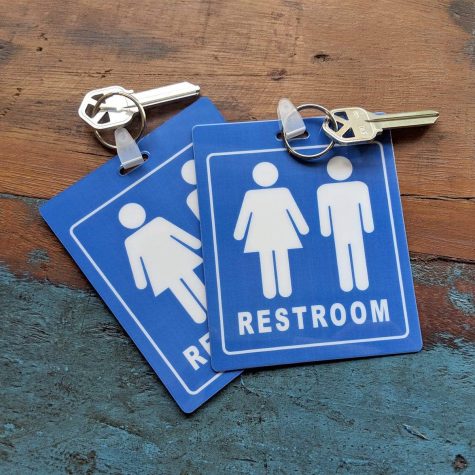




Donna Booth • Oct 30, 2017 at 6:43 pm
Totally agree with everything you said, Mary. Extremely well written.